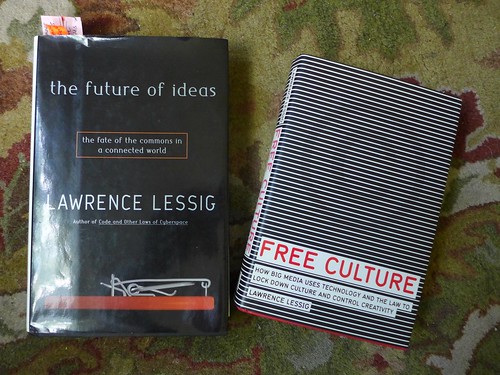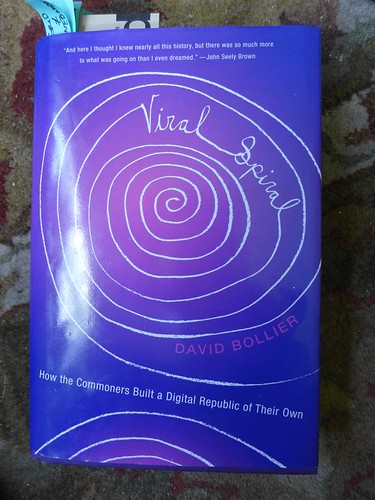Corporations have made it harder, not easier, to share. Geeks had to fight back by inventing copyleft, which in various derivative forms kept the economy going in spite of itself. But the FBI still put warnings all over the DVDs saying "no sharing, or else!".
What if you're ideologically opposed to content A, but A is being pumped out to the world by Obnoxico and to counter it, you need to see it. Are you obligated to give money to those pumping out said content? That's more of an ethical question than a legal one.
On the legal front, of course you can't show Disney cartoons to Syrian refugees or to Mexican families camped along the border, because the UN and/or USG has no budget for entering the tightly controlled movie business. Moving digital content around is under the control of LAWCAP, we all know that. The FBI tells us so.
As engineers, some of us feel leery about artificially creating scarcity where none exists. It's like Jesus doing the miracle of loaves and fishes, but then the loaf and fish people come in and fine everyone because miracles are not allowed. The electronic revolution has created a number of miracles, such as perfect, low-cost copying, that are an anathema to those growing up using "private property" as their metaphor for anything intellectual.
My general sense is Anglophone law, i.e. law cast in the English language, has a half life, which could be a lot shorter than predicted given how slowly LAWCAP has been able to adjust in the face of GRUNCH. That's code language, obviously. If you've done any homework at all, you know what I'm talking about. If not, get an education?


